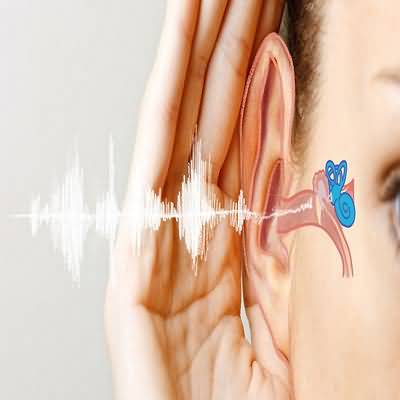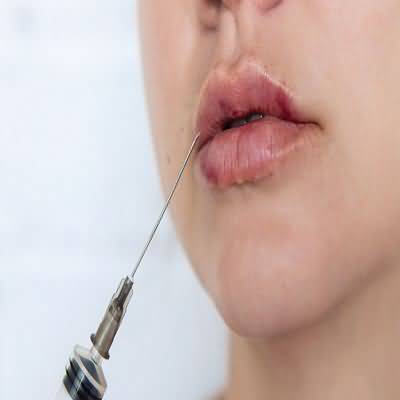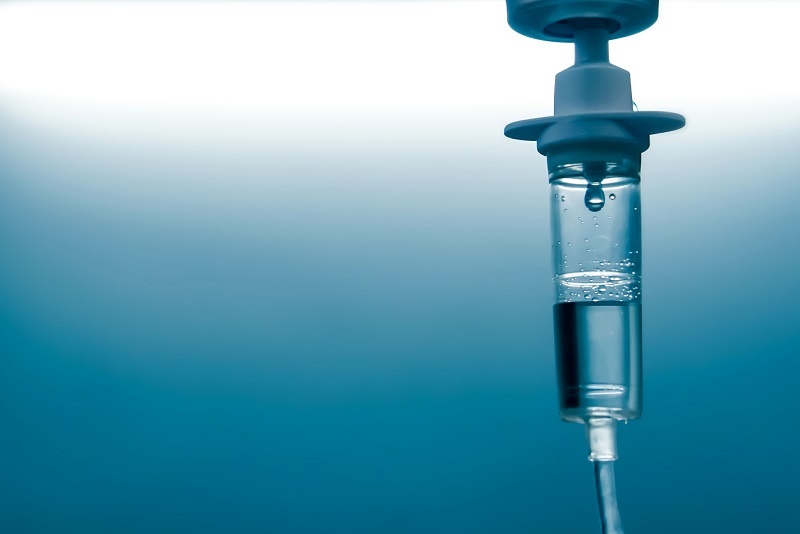endolymphatic hydrops moninre syndrome
endolymphatic hydrops moninre syndrome
The cause of Ménière syndrome is unknown
Distention of the endolymphatic compartment of the inner ear is thought to be part of the pathogenesis of the disorder
Although a precise cause of hydrops cannot be established in most cases, two known causes are syphilis and head trauma
The classic syndrome consists of episodic vertigo, with discrete vertigo spells lasting 20 minutes to several hours in association with fluctuating low-frequency sensorineural hearing loss, tinnitus (usually low-tone and “blowing” in quality), and a sensation of unilateral aural pressure
These symptoms in the absence of hearing fluctuations suggest migraine-associated dizziness
Symptoms wax and wane as the endolymphatic pressure rises and falls
Caloric testing commonly reveals loss or impairment of thermally induced nystagmus on the involved side
Primary treatment involves a low-salt diet and diuretics (eg, acetazolamide)
For symptomatic relief of acute vertigo attacks, oral meclizine (25 mg) or diazepam (2–5 mg) can be used
In refractory cases, patients may undergo intratympanic corticosteroid injections, endolymphatic sac decompression, or vestibular ablation, either through transtympanic gentamicin, vestibular nerve section, or surgical labyrinthectomy


















